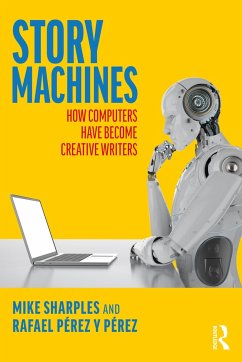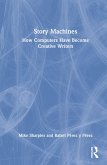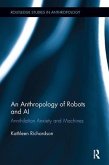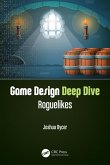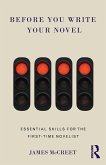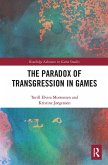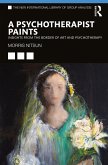This fascinating book explores machines as authors of fiction, past, present, and future. For centuries, writers have dreamed of mechanical storytellers. We can now build these devices. What will be the impact on society of AI programs that generate original stories to entertain and persuade? What can we learn about human creativity from probing how they work?
In Story Machines, two pioneers of creative artificial intelligence explore the design and impact of AI story generators. The book covers three themes: language generators that compose coherent text, storyworlds with believable characters, and AI models of human storytellers. Providing examples of story machines through the ages, it covers the history, recent developments, and future implications of automated story generation.
Anyone with an interest in story writing will gain a new perspective on what it means to be a creative writer, what parts of creativity can be mechanized, and what is essentially human. Story Machines is for those who have ever wondered what makes a good story, why stories are important to us, and what the future holds for storytelling.
In Story Machines, two pioneers of creative artificial intelligence explore the design and impact of AI story generators. The book covers three themes: language generators that compose coherent text, storyworlds with believable characters, and AI models of human storytellers. Providing examples of story machines through the ages, it covers the history, recent developments, and future implications of automated story generation.
Anyone with an interest in story writing will gain a new perspective on what it means to be a creative writer, what parts of creativity can be mechanized, and what is essentially human. Story Machines is for those who have ever wondered what makes a good story, why stories are important to us, and what the future holds for storytelling.
"A masterful and highly accessible overview of exciting developments in computer-generated literature by two experts in the field."
Arthur I. Miller, author of The Artist in the Machine: The World of AI-Powered Creativity
"Story Machines is a lot of fun to read. It's a fascinating cultural and technological history of the centuries-long attempt to automate creative writing. It is also an exploration of what makes writing good: interesting characters; intriguing relationships; surprising events and plots; and aesthetically pleasing prose. Ultimately, Story Machines is about human creativity."
Keith Sawyer, author of Explaining Creativity: The Science of Human Innovation
"Software that writes stories? A fascinating insight into how computers are learning to replicate the power of human imagination. Sharples and Pérez y Pérez are experts in the field of computational creativity. Their insights into language, story structure and the replication of human creativity map a journey in which computers could create future stories that change behaviours and beliefs. The ethics of how these are enabled, engaged and deployed will be a debated for years to come."
Vikki Kirby, Chief Storyteller, Vibrato Consulting
"Stories have been computer-generated for decades by a curious assortment of programmers, artists, and authors. Mike Sharples and Rafael Pérez y Pérez tell their stories, providing a rich, broad history that will interest and inform anyone interested in the future of literary art."
Nick Montfort, author/programmer of Golem
Arthur I. Miller, author of The Artist in the Machine: The World of AI-Powered Creativity
"Story Machines is a lot of fun to read. It's a fascinating cultural and technological history of the centuries-long attempt to automate creative writing. It is also an exploration of what makes writing good: interesting characters; intriguing relationships; surprising events and plots; and aesthetically pleasing prose. Ultimately, Story Machines is about human creativity."
Keith Sawyer, author of Explaining Creativity: The Science of Human Innovation
"Software that writes stories? A fascinating insight into how computers are learning to replicate the power of human imagination. Sharples and Pérez y Pérez are experts in the field of computational creativity. Their insights into language, story structure and the replication of human creativity map a journey in which computers could create future stories that change behaviours and beliefs. The ethics of how these are enabled, engaged and deployed will be a debated for years to come."
Vikki Kirby, Chief Storyteller, Vibrato Consulting
"Stories have been computer-generated for decades by a curious assortment of programmers, artists, and authors. Mike Sharples and Rafael Pérez y Pérez tell their stories, providing a rich, broad history that will interest and inform anyone interested in the future of literary art."
Nick Montfort, author/programmer of Golem

